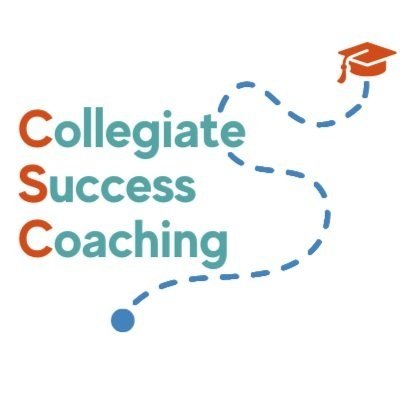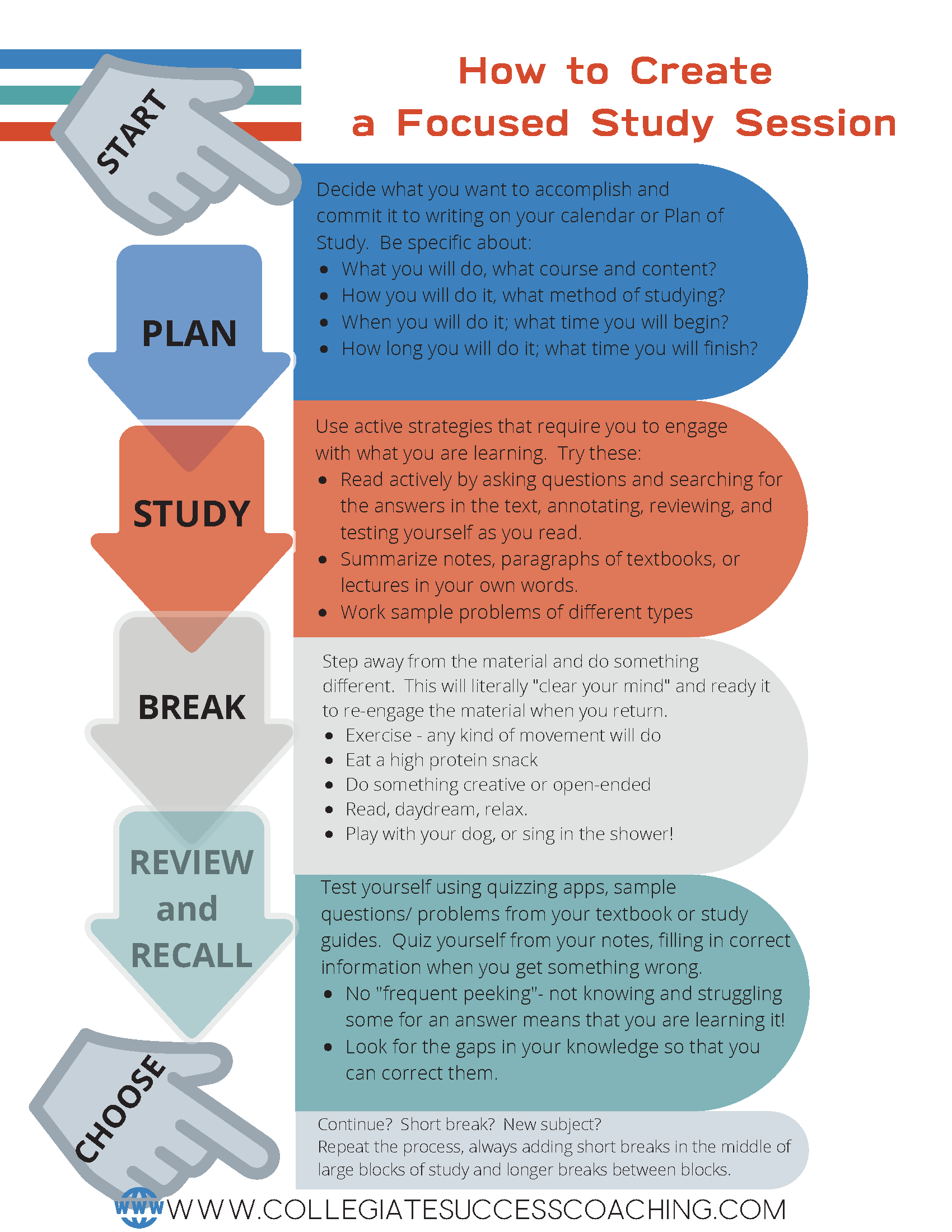Three Steps for a Strong Final Exam Week
While some colleges and universities have decided to cancel final exams altogether, most are continuing with some form of comprehensive assessment for Fall 2020. There are also widely varying approaches to this from professor to professor and course to course at each institution. Some are giving a unit test; others are assigning large projects without an exam, while the old school adherents are sticking to the traditional cumulative exam (I was one of those professors). By this point in the semester, most students know just how crucial a final assessment is to their overall course grade and GPA. First-year students, though, are dealing with the fall-out of adjusting to college life with the added stress, isolation, and expectation that comes from nearly 100 percent online learning this fall (Covid Bonus!). That may leave them in a particularly urgent position as they prepare for their inaugural college finals week. There are better ways to get through this to maximize effort for the best possible grade outcome. Here are three of them:
Triage - prioritize based on what’s most urgent and critical. Begin by sitting down in a clear, calm space with your laptop and all of your course materials, syllabi, and assignment rubrics. Create a list of exactly what your final tests, projects, and exams are with due dates for each course. Taking each course, one at a time, honestly assess your confidence level with the material you will be tested on. Look for major gaps in your understanding. In other words, look for what you don’t know…yet. If you have access to online quizzes or graded materials from earlier in the semester, look at what you missed:
Did you do well on multiple choice questions but not so well on short answer/essay questions?
Read any feedback your professors may have provided. Does it point to a missing skill that needs practice or concept that needs a better explanation?
Were you able to recognize or recall term definitions but less confident actually explaining or applying them?
If you got partial credit in math/econ/finance/accounting problems, look for exactly where in the problems you stopped understanding. Look for new, online explanations of the concepts and sample problems that you can use for practice.
Jot down the specific chapters, concepts, or ideas that should be significant parts of your exam preparation.
Of course, your professors may have given you some indication of how your exam will be designed. Consider that as well, but do not fall into the false assumption that you will magically be better at concepts that you did not demonstrate mastery of earlier in the semester (sounds obvious, but college students sometimes avoid these tough realizations for lots of different reasons). You are aiming for an honest acceptance of what is ahead of you (take a few deep breaths here, if needed) so that you can target your effort wisely. By the end of your triage session, you should have an outline of your “muddiest” points in the content you’re being tested on in each course. This sets a clearer objective for your study time that will also include review of the concepts that you did well on earlier in the semester.
Create an Exam Plan of Study - If you have a window of time that the exam will be available (usually 24-48 hours), schedule appointments with yourself for exactly when you are going to take each one, well before the final few hours that the test is unlocked. This gives you a target and will help you maintain motivation while you prepare. Allow cushion time for technical snafus. If you have the luxury of choosing when you’ll take it, think in terms of the time of day that you feel most alert and when there are fewer WiFi-sharing issues in your home. If you have more than one exam on the same day, build in time for a true break in between if possible. With exam dates entered into your calendar, it’s time to work backward from the test time and assign specific blocks of study time for each course.
Depending on the number of exams/projects you are working on, I recommend anywhere from 2-4 major study blocks per day for exam prep. If you know your sleep patterns well enough that a morning session is out of the question, then begin blocking out time within an hour of when you typically start your day.
Based on maximizing your cognitive processing and making your study time as effective as possible, a typical schedule should include:
Switching between subjects throughout the day. Trying to tackle an entire semester’s worth of content in one day for a single course is a losing strategy. Your brain will simply stop learning, and you will just be going through the motions of studying without any real benefit (massive time waster). Moving between subjects within one day, called interleaving, and then revisiting a subject multiple times throughout the week, called spaced practice, helps with alertness and creates connections between ideas.
Switching between review strategies (like Quizlet and study guides) and active learning strategies (like working sample problems, annotating textbook reading in your own words, or organizing and rewriting notes) within a study block.
Short breaks (5-10 minutes) within study blocks and long breaks between blocks (60-90 minutes). Breaks help clear the “cognitive trash” that accumulates in our brains throughout the day. Switching between focused thinking and more open-ended diffuse thinking gives you a little cognitive “bump” when you come back to the focused work. So after you have studied for 2 hours, go stretch, get a healthy snack, play with your dog, sing in the shower, walk outside for a flash of sunlight, etc. A quick change of environment during breaks is key. You’ll come back for your next study block more mentally alert.
Work with others and access resources - If you are stuck on a concept that remains “muddy” in your mind, this is a call for a new and different explanation of it. Hearing someone else explain using different words, metaphors, or examples can provide a powerful jolt of comprehension. Most online courses have a built-in chat function or discussion thread. Use it! Ask questions; initiate a discussion, and get ideas flowing among your classmates. Of course, other sources are math and science tutoring labs offered at many colleges and universities (often called things like the SMART Center) that are still tutoring remotely through Zoom, MS Teams, or Google Meet. If you simply don’t have time for collaboration, Kahn Academy covers quite a few college-level course videos. I also like 3Blue1Brown for Algebra, Calculus, and Physics. The point is to collaborate, share what you know to reinforce your own comprehension and to hear salient clarifications of what you aren’t confident about yet. Don’t allow personal pride to get in your way on this. You need to learn for a better grade, and if your current methods aren’t producing the outcome you need, why would you pass on the right kind of help at a critical time?
Check out my “How to Create a Focused Study Session” graphic below to help maintain focus, create structure and to use the best methods for making all of that information stick well beyond your final exams! Onward!


